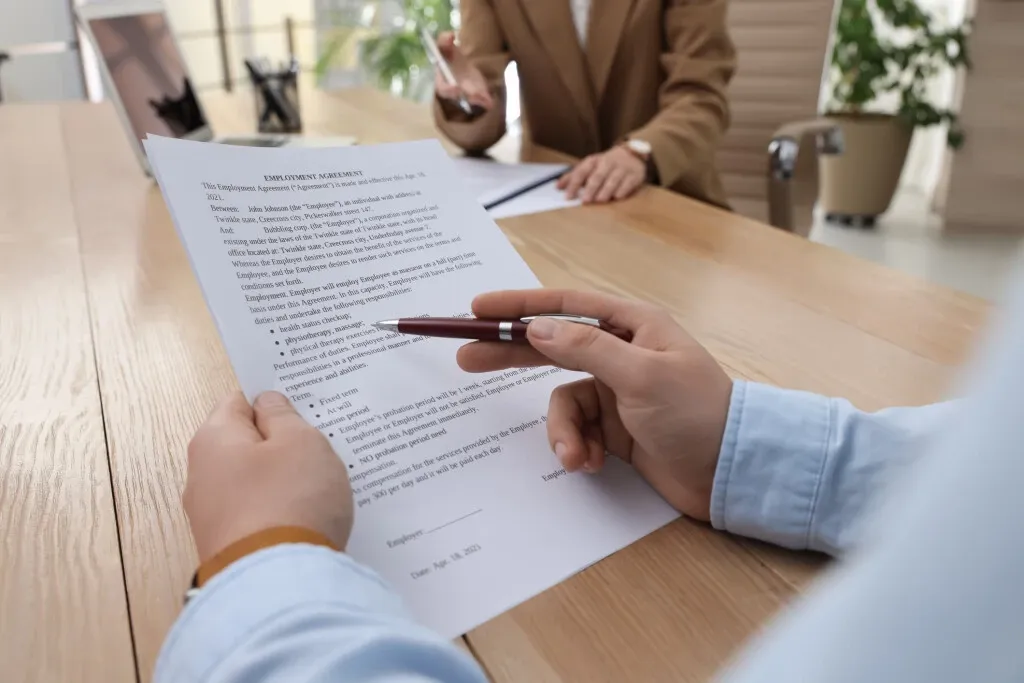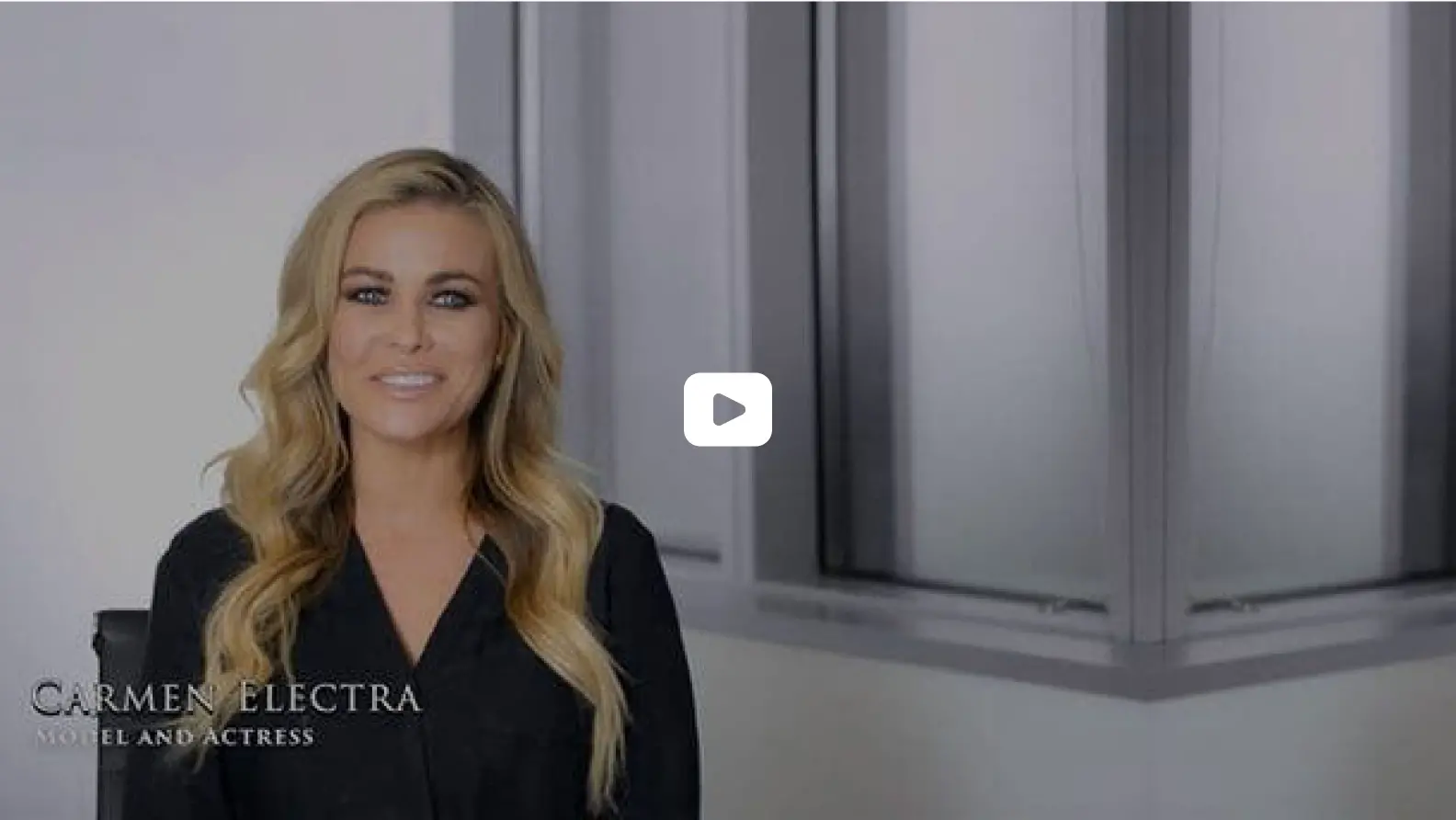
Preparing for a Personal Injury Deposition
Table of contents
If you have been injured in an accident and are pursuing a personal injury claim, you may be required to give a deposition. A personal injury deposition is a recorded statement given under oath, typically conducted by the opposing party’s attorney. The experience of a deposition can be a little daunting, but with the right preparation you can feel confident and secure during the deposition process. From understanding the purpose of a deposition to practicing your responses, we’ll cover everything you need to know to be well-prepared and avoid any surprises.
What is a Personal Injury Deposition?
A personal injury deposition is a legal proceeding in which a witness, typically the injured party, gives a documented oral testimony under oath but out of court. The purpose of a deposition is to gather information and assess the credibility of the witness, as well as to determine the strength of the opposing party’s case.
The personal injury deposition is an opportunity for the attorney to ask you questions about your case and gather information that may be used in court during a personal injury lawsuit. Question related to:
- Circumstances surrounding the accident
- Injuries sustained
- Medical treatment received, and other relevant information
It is important to be truthful and provide accurate information during a deposition, as false statements can have legal consequences.
What to Expect Before the Deposition
If you have been asked to participate in a personal injury deposition, here are some things you (the deponent) can expect:
- Notice: Before the deposition, you will be given a notice of deposition which includes the date, time, and location of the deposition. This will allow you to prepare ahead for the deposition.
- Attorneys: The attorneys representing each party will be present at the deposition. They will ask you questions about any information they feel is important for them to know and these questions will be in a structured manner.
- Case sensitivity: The deposition will be recorded by a court reporter even though it most likely will not take place in a courtroom. The information disclosed during the deposition is confidential and should not be shared with anyone outside of the legal team.
- Duration: Depositions can last for several hours, or even days, depending on the complexity of the case. Ensure you are well prepared by reviewing any documents related to your case, such as medical records, police reports, or witness statements.
- Emotion: Depositions can be emotional, especially if you are reliving a traumatic event. It is important to stay calm and composed during the deposition as opposed to being defensive and argumentative.
Depositions Are Never Unexpected
It is true that depositions are typically not unexpected. Before a deposition takes place, both parties in a legal case will have been given notice of the deposition date, time and location. This allows the witness to prepare and gather any relevant information or documents that may be necessary for the deposition. In some cases, the notice of deposition may also include a list of specific questions that will be asked during the deposition. This gives the witness time to review their case and prepare for the deposition, so they can provide accurate and helpful information.
While there may be some surprises during a deposition, it is rare that they come as a complete surprise. Once you have received a notice of deposition however, it is mandatory that you attend and be deposed.
What Type of Questions Will They Ask?
During a personal injury deposition, the opposing party’s attorney will typically ask a wide range of questions related to the accident and any other relevant information related to the case.
It is important to answer these questions truthfully and to the best of your knowledge. If you are unsure about a question, you can ask for clarification or ask to consult with your attorney before answering.
Some of the most common types of questions that may be asked during a personal injury deposition include:
- Background information
- Accident details
- Injuries
- Medical history
- Daily activities
- Employments status
- Emotional distress
- Previous conditions
- Damages
It’s important to note that the specific questions asked during a personal injury deposition will vary depending on the case and the attorney conducting the deposition. It is crucial to prepare adequately for the deposition as leading questions are some of the tricks deposition lawyers use to confuse you. Review all relevant information related to the case with your attorney before the deposition. Your attorney will be able to object to some questions on your behalf.
How to Conduct Yourself During a Personal Injury Deposition
Conducting yourself appropriately during a personal injury deposition is crucial to the success of your case. Here are some tips on how to conduct yourself during a personal injury deposition:
- Don’t rush, allow yourself time to give the most thoughtful answers possible.
- Be Honest, answer truthfully without speculating or guessing.
- Listen Carefully to each question before answering.
- Speak Clearly and loudly enough for the court reporter to hear and transcribe your answers accurately.
- Don’t Volunteer Information that wasn’t asked or requested of you.
- Stay Calm and Focused, take deep breaths if you feel anxious and ask for a break if you need one.
- Dress Appropriately in business attire or formal clothing, as if you were going to court.
By conducting yourself in a respectful manner during your deposition, you can feel more secure and ensure confidently that you are presenting yourself in the best light possible.
Find more info on our FAQ page.
West Coast Trial Lawyers Will Represent You in Your Case
At West Coast Trial Lawyers, we know how nerve wracking preparing for a deposition may seem, but be rest assured that our attorneys are up to the task and will help make sure you are well equipped and extremely confident before being deposed.
Leave all the worrying to us by scheduling a free call with one of our expert deposition lawyers today at 888-572-9251 and get to understand all of your legal options.



